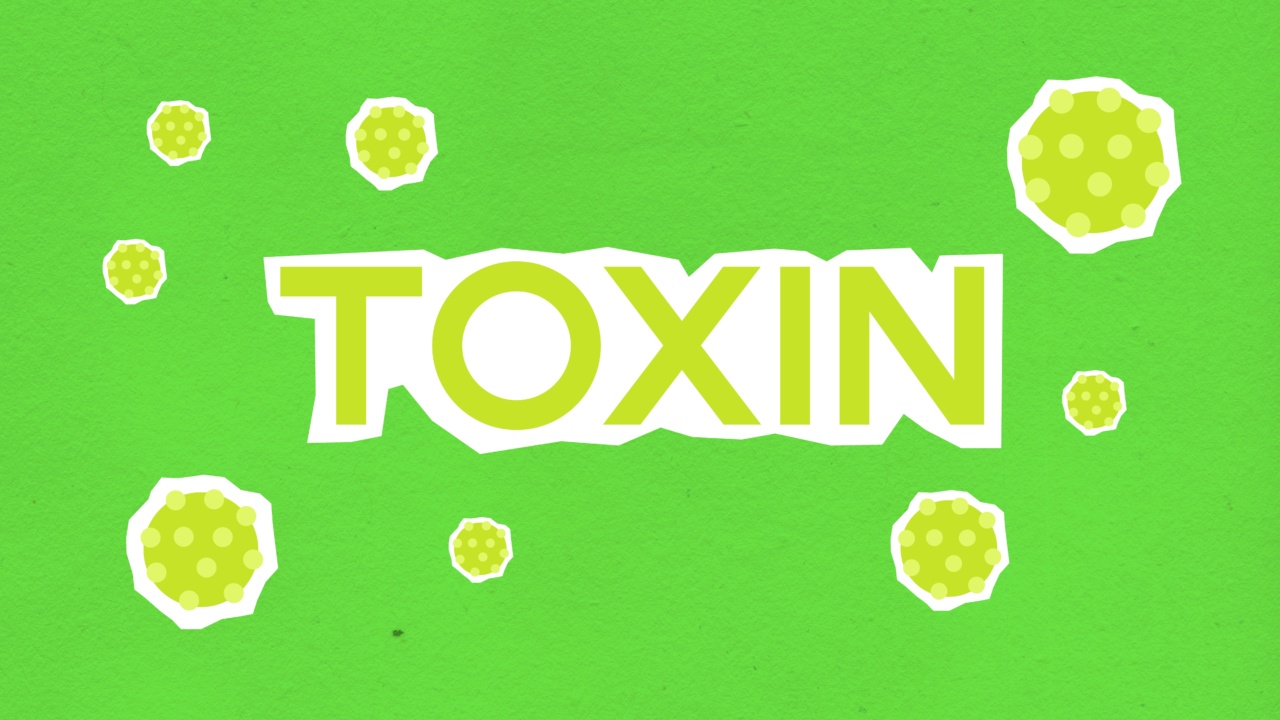Scientists have warned about the serious health impacts of toxins found in our everyday environment. These toxins can be found in the air we breathe, the water we drink, and the food we eat.
Exposure to these toxins can lead to a wide range of health problems, including cancer, neurological disorders, and reproductive issues.
Toxins in our Water
Water is essential for life, but it can also be a source of toxins. Chemicals can seep into our water supply from industrial sites, agricultural runoff, and wastewater treatment plants.
These toxins can lead to gastrointestinal illness, reproductive problems, and neurological disorders.
Toxins in our Air
Air pollution is a major concern for public health. Toxins in the air can cause respiratory problems, heart disease, and cancer. The sources of air pollution are many, including factories, cars, and power plants.
Climate change is also contributing to air pollution, as more extreme weather events and natural disasters release toxins into the air.
Toxins in our Food
Food is a basic necessity of life, but it can also contain toxins. Pesticides and fertilizers used in agriculture can leave residue on our fruits and vegetables. Meat and dairy products can contain antibiotics and hormones.
Processed foods can contain additives and preservatives that have been linked to health problems.
The Dangers of Lead
One of the most concerning toxins is lead. Lead exposure can lead to a range of health problems, including developmental delays, learning disabilities, and behavioral issues. Lead can be found in old paint, water pipes, and soil.
Children are particularly susceptible to lead poisoning, which can be irreversible.
The Risks of Mercury
Another dangerous toxin is mercury. Mercury exposure can lead to neurological problems, including memory loss and tremors. Fish are a common source of mercury, particularly large predatory fish such as shark and swordfish.
Pregnant women and children are particularly sensitive to mercury exposure.
The Impact of Pesticides
Pesticides are used to protect crops from pests, but they can also have an impact on human health. Exposure to pesticides has been linked to reproductive problems, neurological disorders, and cancer.
Children are particularly vulnerable to the effects of pesticides, which can affect their growth and development.
The Role of Regulation
Regulation plays a critical role in protecting public health from toxins. Governments around the world have established limits on the amount of toxins that can be present in our air, water, and food.
However, there is growing concern that regulatory agencies are not doing enough to protect public health. Chemical companies have been accused of influencing government regulations in their favor, at the expense of public health.
Taking Action to Protect Health
It is important for individuals to take action to protect their own health from toxins. This may include choosing organic food, using natural cleaning products, and reducing exposure to air pollution.
It is also important to advocate for stronger regulations to protect public health from toxins.
Conclusion
The harmful health impacts of toxins on our environment and health cannot be ignored. Greater regulation and action are required to prevent the widespread exposure to such toxins and to protect the health of the population.
As individuals, we can also take small steps to reduce our exposure to toxins and to encourage a change in the way that industries operate and reduce their contribution to environmental pollution.



























